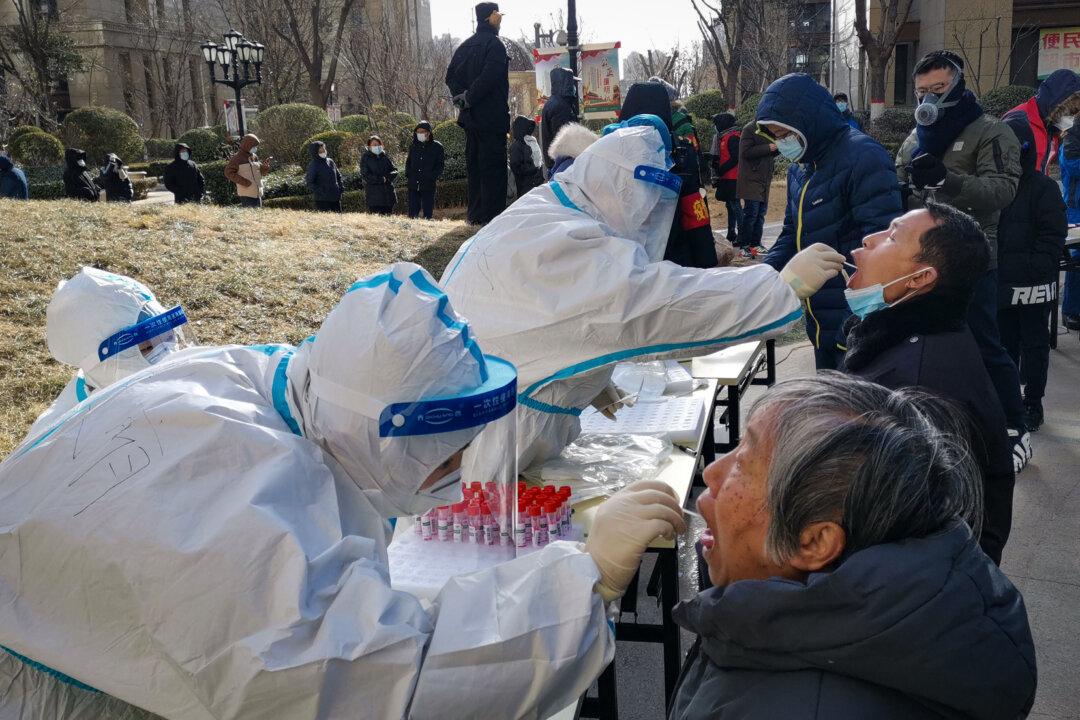Commentary
The surge of COVID-19 cases in Hebei Province since the year began has now become a new focal point of China’s epidemic.

The surge of COVID-19 cases in Hebei Province since the year began has now become a new focal point of China’s epidemic.